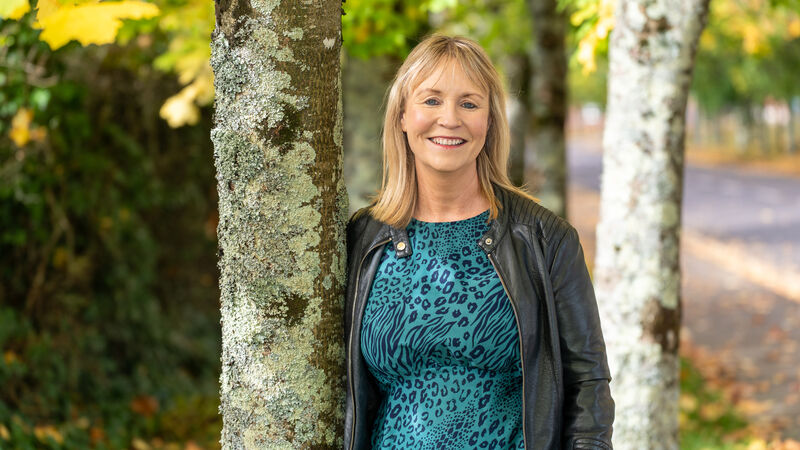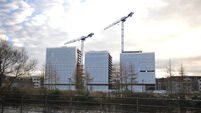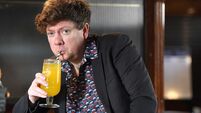'When I was 40, cancer came crashing into my life like a tornado'

Karen Murray, who has recovered from breast cancer. Picture: Noel Sweeney
Fifteen years ago, the rollercoaster began. Having just turned 40, with two children under six, cancer came crashing into my life like a tornado.
No warning signs, no family history, no genetic predisposition. Even the GP wasn’t overly concerned about the lump I’d discovered while in the shower, believing it was probably a harmless cyst or fibroid.











